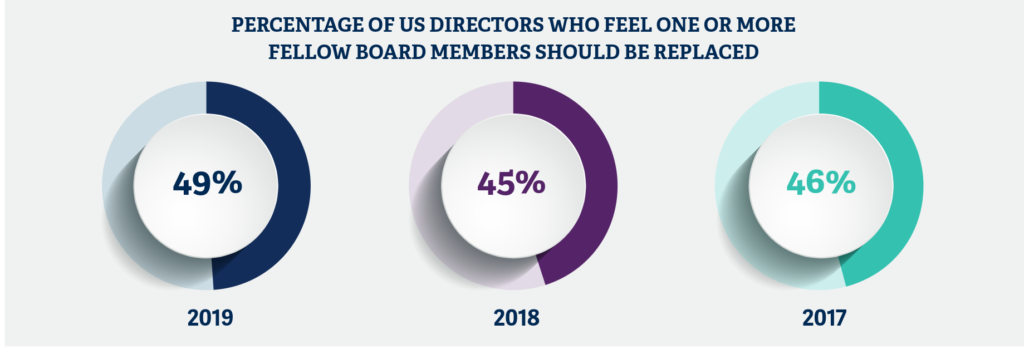Ruth V. Aguilera is Professor at the D’Amore-McKim School of Business at Northeastern University. This post is based on an paper, forthcoming in Strategic Management Journal, by Professor Aguilera; Jordi Surroca, Associate Professor of Management at Universidad Carlos III de Madrid; Kurt A. Desender, Associate Professor of Management at Universidad Carlos III de Madrid; and Josep A. Tribó, Professor of Corporate Finance at Universidad Carlos III de Madrid. Related research from the Program on Corporate Governance includes What Matters in Corporate Governance? by Lucian Bebchuk, Alma Cohen, and Allen Ferrell and Socially Responsible Firms by Alan Ferrell, Hao Liang, and Luc Renneboog (discussed on the Forum here).
Corporate governance research is highly concerned with how to ensure that senior management acts in the benefit of the firm’s shareholders. Through the adoption of corporate governance provisions or through the engagement in CSR, scholars predict there will be less room for managerial opportunism and stronger incentives for generating shareholder value. The empirical evidence has, however, yield mixed findings regarding the influence of takeover provisions, CSR, and other governance arrangements on firm value. Some research attributes these inconclusive findings to the independent evaluation of the impact of each provision, neglecting the configurational relationship of these arrangements as well as where they are embedded (Aguilera, Desender, Bednar, & Lee, 2015; Aguilera, Filatotchev, Gospel, & Jackson, 2008; Misangyi & Acharya, 2014). Building on the governance bundle literature, we argue that bundles of governance practices interact with the institutional system to create or destroy firm value. In particular, we propose that each set of countries in an institutional system, has its own bundle of interrelated corporate arrangements that reinforce one another by generating shareholder value if they are adopted with the same rationale (i.e., they are coherent).
In our paper entitled, Is managerial entrenchment always bad and corporate social responsibility always good? a cross-national examination of their combined influence on shareholder value, forthcoming in Strategic Management Journal, we explore the effectiveness of governance bundles by focusing on the interplay between managerial entrenchment provisions and CSR activities. We argue that their combined effect on firm value is explained by their complementarity (or lack thereof), which in turn depends on the governance rationale behind their adoption—rationales that may vary from country to country. When managerial entrenchment provisions and CSR are adopted with the same rationale (i.e., they are coherent between them), they will work together as complements by mutually reinforcing each other to enhance firm value. Yet, as each national institutional system may possess a distinctive dominant governance logic (Aguilera, Judge, & Terjesen, 2018; Crossland & Hambrick, 2011), we expect this coherence between managerial entrenchment provisions and CSR to be fundamentally different across countries, therefore affecting firms’ ability to create value differently.
